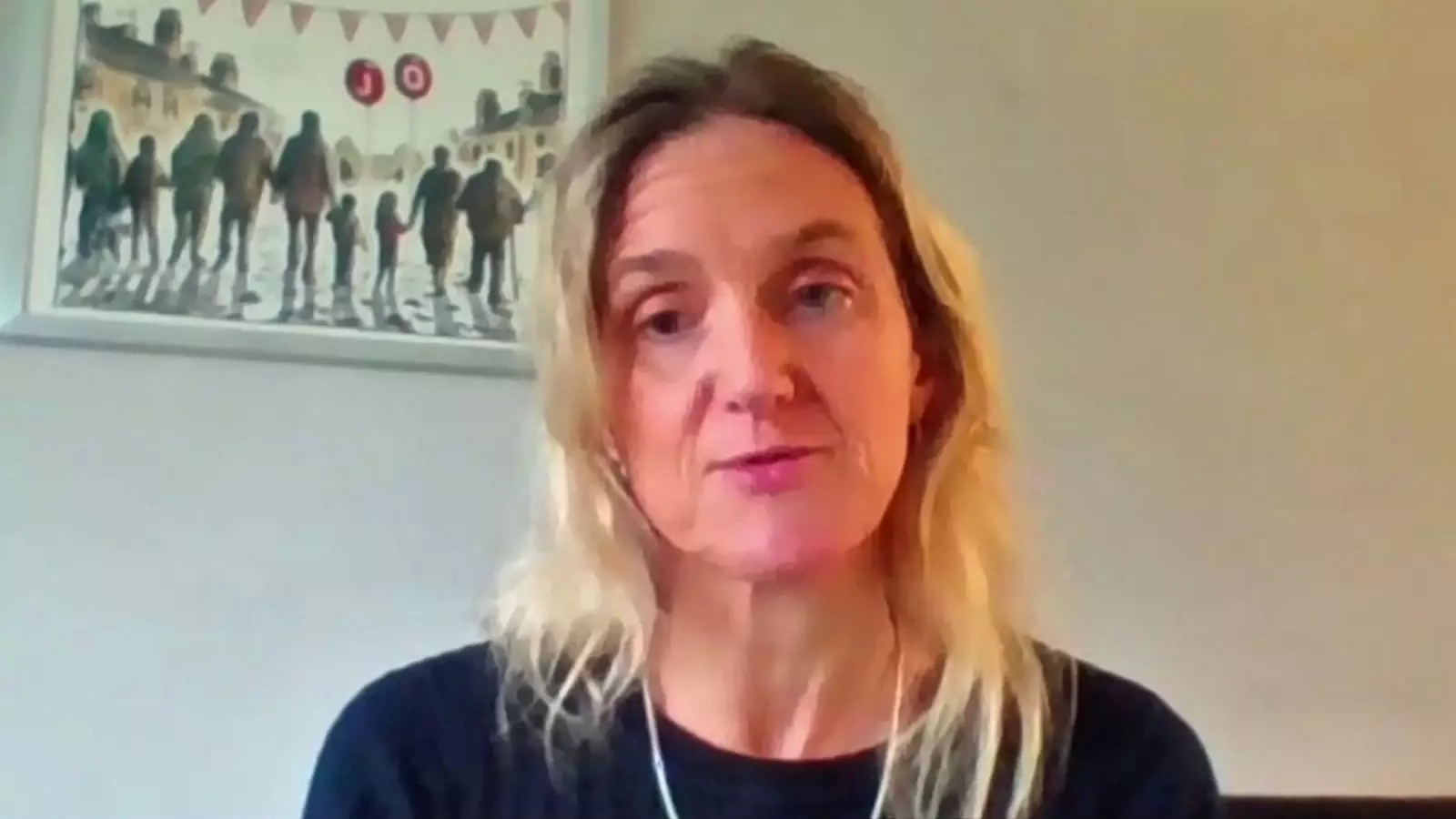The topic of assisted dying has resurfaced in the UK, stirring intense emotions and profound philosophical inquiries. At the heart of this debate is Labour MP Kim Leadbeater, who advocates for legislation allowing terminally ill patients to choose assisted dying. This proposition, known as the Terminally Ill Adults (End of Life) Bill, aims to permit individuals diagnosed with less than six months to live the option to end their suffering, granted approval from two physicians and a High Court judge. Despite its clear focus on terminally ill individuals, the bill faces vocal criticism, particularly from Justice Secretary Shabana Mahmood, who presents concerns about the potential for a ‘slippery slope’ to a broader acceptance of death on demand.
Mahmood’s objections highlight an essential perspective in the conversation surrounding assisted dying. She maintains that the state should never facilitate death as an available service, suggesting that legalizing assisted dying could pave the way for ethical dilemmas in healthcare, where the value of life may become secondary to fiscal efficiencies. Concerns are raised about vulnerable populations, fearing that individuals who are not truly ready to die may feel pressured to choose this option due to societal expectations or healthcare complexities. This argument, which some may perceive as paternalistic, underscores a fundamental apprehension regarding the sanctity of life and the responsibilities of a caring society.
In contrast, Leadbeater stands firm, emphasizing the importance of choice for those enduring extreme suffering. Her assertion that the bill is strictly confined to terminally ill adults seeks to clarify any misconceptions about its scope. By framing the legislation around compassion and human dignity, she advocates for a society that grants individuals the autonomy to make deeply personal choices. The notion that people in terminal conditions deserve the opportunity to alleviate their suffering presents a compelling moral argument within this discourse.
Leadbeater’s proposal includes provisions aimed at preventing coercion, indicating a commitment to safeguard the vulnerable while allowing for agency among those facing imminent death. By addressing fears of exploitation, she attempts to bridge the divide between those advocating for life preservation and those pushing for more humane end-of-life options.
The upcoming parliamentary vote on this bill is significant not just for its immediate implications but also for the principles of free conscience within political frameworks. The allowance for MPs to vote based on personal beliefs rather than party lines encourages a richer, more varied discussion. However, criticism arises from within the Labour Party in response to Mahmood’s public position, as members like Labour peer Charlie Falconer argue that such stances may improperly impose religious beliefs on a secular legislative process. This disagreement illustrates an underlying tension in the party, revealing how deeply personal values can shape public policy.
Above all, the discourse surrounding assisted dying prompts a broader examination of ethics in end-of-life care. It necessitates asking whether society can ethically deny the right to die with dignity in the face of prolonged suffering. Conversely, it raises questions about what safeguards could be put in place to ensure the legislation is not misused. Engaging with religious beliefs, ethical constructs, and personal narratives can provide a comprehensive understanding of the complexities involved, urging society towards a compassionate but informed resolution.
As the assisted dying bill is debated in Parliament, it brings forward an opportunity for society to reflect on its values concerning life, dignity, and autonomy. While concerns about a slippery slope are valid and warrant discussion, it is paramount that the focus remains on empowering individuals in desperate situations to make choices that align with their values. Ultimately, this debate is not solely about legality; it is about human compassion and the freedom to choose one’s destiny in the face of unbearable pain. In navigating these turbulent waters, society must prioritize empathy and understanding, working towards solutions that honor both life and the right to die with dignity.


Leave a Reply